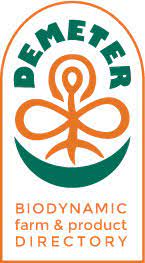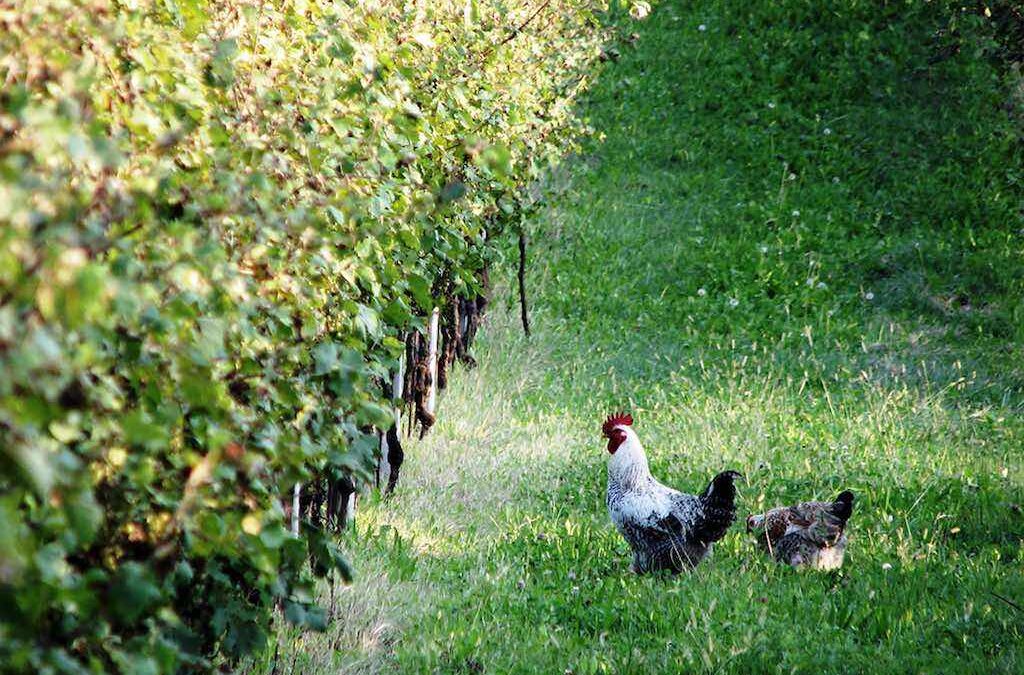Biodynamic wine is made with a set of farming practices that views the farm or vineyard as one solid organism. The ecosystem functions, with each portion of the farm or vineyard contributing to the next. The idea is to create a self-sustaining system. The wine grower uses natural materials, soils, and composts to sustain the vineyard.
This approach to farming prohibits chemical fertilizers and pesticides for the sake of soil fertility. A range of animals from ducks to horses to sheep live on the soil and fertilize it, creating a rich, fertile environment for the vines to grow in.
Biodynamic farming also seeks sustainability or leaving the land in as good or better shape as they found it for future generations.
Studies show that biodynamic farming does have an impact on yield, soil quality, and biodiversity. Biodynamic preparations also express a “positive environmental impact in terms of energy use and efficiency.”
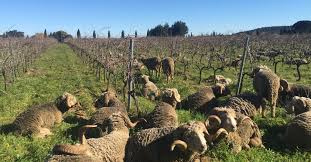
When did biodynamic farming start?

Austrian philosopher Rudolf Steiner started the idea of biodynamic agriculture in the early 1920s, promoting the use of agricultural practices based on the lunar calendar and astrological influences. Steiner believed in living and farming together with the earth and its movements, as opposed to using a purely scientific approach.
How do you make biodynamic wine?
Biodynamic farmers make wine using all components of the vineyard, eliminating the use of chemicals, and using natural materials and composts. Following the biodynamic calendar is another important part of the process. The biodynamic calendar controls farming practices, from pruning to harvesting. It breaks all the tasks associated with farming into four kinds of days: root days, flower days, fruit days, and leaf days. Each of these days has certain tasks associated with it that are reflective of Earth’s four classical elements. Fruit days are meant for harvesting, leaf days for watering, root days for pruning. On flower days, the vineyard is left alone.

Why is there a cow horn in the vineyard?

Biodynamic farming calls for specific and sometimes strange compost and field preparations. One of these is known as cow horn manure or preparation 500. Cow horns are stuffed with manure compost and buried into the ground all through the winter, then later excavated. Upon excavation, the stuffed material is spread throughout the vineyard. The horns are getting more and more expensive and are sometimes shipped all the way from India. Preparation 500 is a powerful means for structuring the soil. It also “stimulates soil microbial activity of the soil,” regulates pH, stimulates seed germination, and dissolves minerals.
Is biodynamic wine the same as organic wine?
No. Organic wine is produced with organic grapes. Biodynamic farming takes other factors into account when farming, such as the lunar calendar and astrology. The farming is more about the entire lifeblood of a vineyard — other plants, insects, animals — not just the grapes.
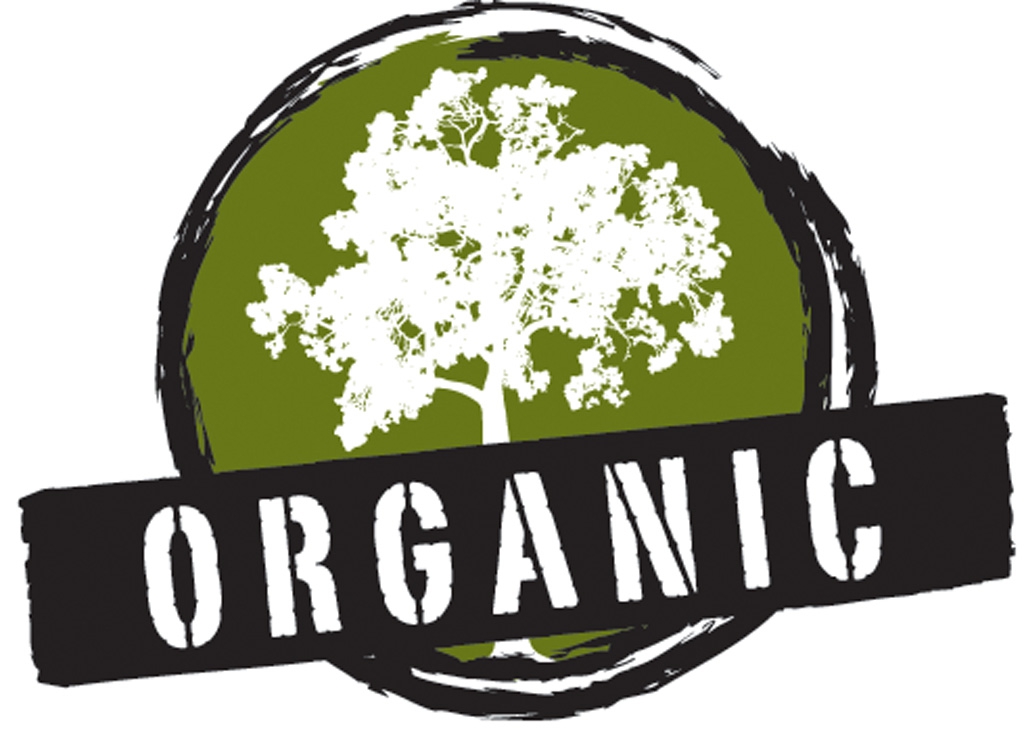
Does biodynamic wine taste different?
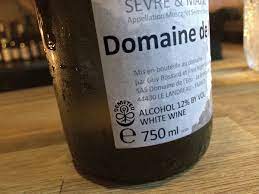
It is nearly impossible to blind taste a wine and deduce whether biodynamic practices were implemented or not. However, many winemakers who farm biodynamically also grow organic fruit, and between the combination of lack of pesticides and implementing farming practices in tune with nature (biodynamics), biodynamic wines may have a higher-quality taste profile than other wines.
Who Makes Biodynamic Wine?
Biodynamic wines are gaining visibility—and popularity—in the wine world. Though they still make up only a small part of global wine production, there are more than 80 Demeter-certified biodynamic winegrowers in the United States.
There are nearly 500 such winegrowers in Europe. In Australia and South America, the movement is also starting to grow. In addition, there are many winemakers who practice biodynamics but choose not to get certified.
Some well-known producers using Biodynamic production are:
- Domaine Huet, Burgundy, FR
- LeFlaive, Burgundy, FR
- Joseph Drouhin, Burgundy, FR
- Domaine Zind-Humbrecht, Alsace, FR
- Massavecchia, Tuscany, IT
- Nuova Cappellata, Piedmont, IT
- DeLoach Heritage Pinot Noir, CA
- Bonterra Chardonnay, CA
- The Prisoner, CA
- Bonny Doon, CA
- Bergstrom, OR
